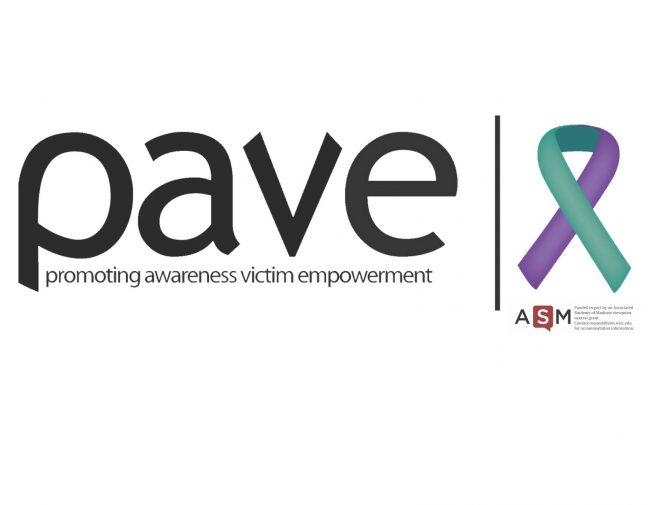CONTENT WARNING: Discussion of rape, sexual assault and domestic violence. If you have been sexually assaulted, experienced domestic violence, or are not sure, there are several ways to get support. View options on campus through University Health Services.
Promoting Awareness Victim Empowerment hosted Katie Koestner as their Sexual Assault Awareness Month keynote speaker Monday night. As the first woman to speak out against date rape, 18-year-old Koestner was featured on the cover of TIME magazine.
Koestner has since told her story around the world, advocating for policy change and sexual assault awareness.
“Rape is the only crime in the book where you have to resist the crime in order to prove that it happened,” Koestner said.
In 1990, when Koestner spoke out against her assault as a freshman at William & Mary University, she was met with little support from the university and faced harassment from her peers.
UW to break ground on new Computer, Data & Information Sciences building
The night of her assault, Koestner had been on a date with her attacker. At the time, the idea of date rape was unheard of.
“Consent was not in existence as a concept in the year 1990,” Koestner said.
The university nurses told her to go home and rest. When she tried to take her case to the dean, he told her that her allegations could ruin her attacker’s life and that she should take more time to think before pressing charges.
She was relentlessly harassed by the other students at her university through messages on bathroom stalls. Her sophomore and junior year, she was voted as the most dangerous student on campus. Two thousand of her peers signed a petition to try to stop HBO from making a movie based on her story.
Despite this harassment and lack of support, Koestner kept speaking out against sexual assault.
“When I was 18 years old, a long, long time ago, I decided to risk everything, not even knowing if what happened to me was against the law, because I did not want anyone to go through what I did,” she said. “I thought no one deserves to feel less than human, and I thought what he did to me would happen to someone else after me.”
Pulitzer Grantee Erica Ayisi presents talk about reporting on Black culture
Koestner was the first woman in history to sign a release so that her name could be printed as a victim of rape. Before her case, the names of victims had never been printed out of concern for the protection of the victim.
According to Koestner, the real intention for this was to protect “the property of men.” In 1990, the law defined all rape as a crime against a woman, and rape was a crime of property. Once a woman was assaulted, she was seen as a damaged good and her worth was devalued.
“My case was the one where I said, ‘I’m not damaged goods, and if a man doesn’t want to marry me, I don’t want to marry him,’” Koestner said. “So I signed a release that my name could be printed.”
Rape laws were especially difficult to change at the time because as a crime of property, the charge of rape was embedded as a state law and was decided on a state-by-state basis rather than a federal law, Koestner said.
Recent study finds how principal investigators influence lab culture
As an activist, Koestner has become an expert on student safety and sexual misconduct and an advocate for healthy relationships. She has testified on Capitol Hill for the Sexual Assault Victims Civil Rights and was instrumental in its creation and passing. She testified as a spokesperson in the case of a student at Lehigh University that was raped and murdered by another student. She has told her story on The Oprah Winfrey Show, Good Morning America, NBC Nightly News and more.
“I can’t teach you how to make a difference, but I can tell you it means taking a lot of risks,” Koestner said. “It means being bold, it means not caring if anyone likes you, it means going and pushing your way into every environment.”
Resources regarding sexual assault:
- UHS Survivor Services: survivorservices@uhs.wisc.edu, 608-265-5600 ext 3
- RCC: Sexual Violence Resource Center (608)-251-7273
- Let’s Talk: uhs.wisc.edu/wellness/lets-talk
- “Sex, Sexuality and Healthy Relationships” section
- Room to be Safe: For Queer survivors of violence: (414) 856-LGBT (5428)
- National Sexual Assault Hotline: 1-800-656-HOPE (4673)
- National Domestic Violence Hotline: 1-800-799-SAFE (7233) or 1-800-787-3224


